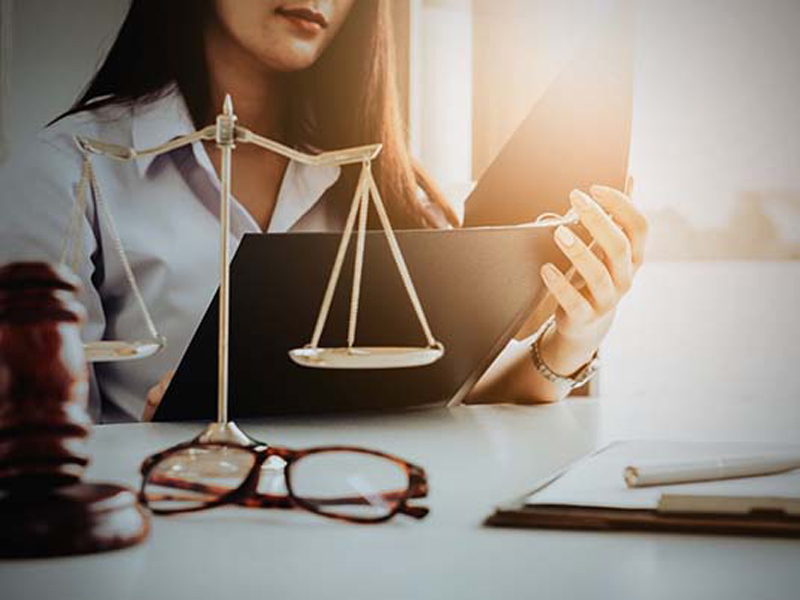Litigation, or the process of resolving disputes in court, is a fundamental aspect of the South African legal system. It provides individuals, businesses, and organizations with a formal avenue to enforce their rights or seek remedies when wronged. General litigation encompasses a wide range of cases, from personal injury claims to contract disputes, property issues, and more. It involves various stages, legal professionals, and often complex procedures that can be challenging for those unfamiliar with the court system.
This article provides an overview of general litigation in South Africa, covering the process, common types of cases, costs, and practical tips for those considering litigation.
What is General Litigation?
General litigation refers to the formal process by which disputes are brought before the courts to be resolved. Unlike specialized areas such as family law or criminal law, general litigation covers a broad spectrum of civil matters, including:
- Breach of Contract: Cases where one party fails to uphold their end of an agreement.
- Property Disputes: Disputes regarding ownership, rights, or possession of land and buildings.
- Personal Injury Claims: Cases where an individual seeks compensation for injuries suffered due to another’s negligence.
- Defamation: Legal actions concerning statements that have harmed a person’s reputation.
- Debt Recovery: Cases where creditors seek to recover money owed by debtors.
General litigation can occur in either the Magistrates’ Courts or the High Courts, depending on the nature and monetary value of the claim. Cases involving higher monetary values or complex issues are typically heard in the High Courts, while smaller disputes are resolved in the Magistrates’ Courts.
The Litigation Process in South Africa
The litigation process in South Africa generally follows these stages:
- Consultation and Assessment
The first step involves consulting with an attorney to evaluate the case. During this stage, the attorney will assess the merits of the case, discuss potential outcomes, and advise on the likelihood of success. They will also explain the costs, risks, and benefits of pursuing litigation. - Pleading Stage
If you decide to proceed, the formal process begins with pleadings, where each party files the necessary court documents:- Plaintiff’s Summons: The plaintiff (the party bringing the case) serves a summons on the defendant (the party being sued), detailing the nature of the claim and the relief sought.
- Defendant’s Response: The defendant has the option to either file a notice of intention to defend with a plea and possibly a counterclaim, outlining their version of events and possible claim against the plaintiff.
- Discovery Phase
In this phase, both parties are required to disclose all documents and evidence relevant to the case. This is known as the discovery process, ensuring transparency and that neither side is taken by surprise during the trial. Discovery includes sharing documents, records, and other pertinent information that may strengthen each party’s case or weaken the opposing side’s claims. - Pre-Trial Conference
Before the case goes to trial, a pre-trial conference may be held to identify the main issues, consider possible settlements, and organize the trial proceedings. During this conference, both sides may negotiate and attempt to settle the matter without proceeding to trial, which can save time and costs. - Trial
If the case does not settle during the pre-trial phase, it proceeds to trial. At trial, both parties present their evidence, call witnesses, and make arguments before a judge or magistrate. The judge will then make a decision based on the evidence and the applicable law. - Judgment and Appeals
Once the judge has reached a decision, they issue a judgment that is binding on both parties. If the losing party disagrees with the outcome, they may appeal to a higher court, provided there are valid grounds for appeal, such as a procedural error or a misinterpretation of the law.
Types of General Litigation Cases in South Africa
South African courts deal with a wide array of general litigation matters, some of the most common of which include:
- Contract Disputes: When one party fails to fulfill their contractual obligations, the other party can seek legal action for breach of contract, including damages or specific performance.
- Property and Land Disputes: These cases involve disputes over land ownership, rights of use, boundary disputes, and tenant-landlord issues.
- Personal Injury Claims: These are cases where individuals seek compensation for injuries sustained due to another person’s negligence, such as car accidents, slip and fall incidents, or medical malpractice.
- Defamation: Cases involving statements that harm a person’s reputation, where the plaintiff seeks compensation for damages to their character or livelihood.
- Debt Collection and Recovery: Creditors may initiate legal action to recover outstanding debts from individuals or businesses, often seeking a court order to recover the owed amount.


